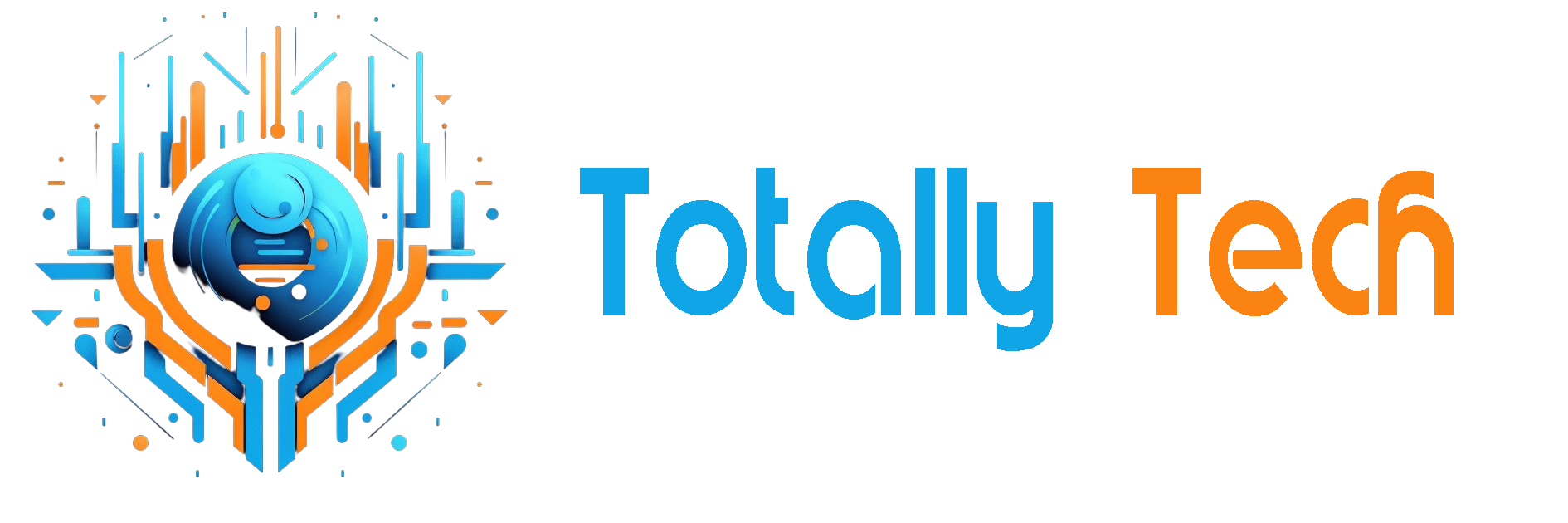
Generative AI has revolutionized how businesses operate and innovate. From automating processes and reducing operational costs to accelerating product innovation and creating personalized customer experiences, the benefits of generative AI are manifold.
Organizations across industries are taking note of the competitive advantages generative AI can provide and are eager to claim a piece of the pie. This hunger for AI has led to an influx of “AI-powered” products promising to be more innovative than the next. With so many competing solutions, it’s become increasingly difficult to differentiate between products that truly leverage generative AI and those that simply use it as a flashy marketing gimmick; a phenomenon we refer to as “AI washing”.
While AI washing may seem like a harmless, albeit annoying, exaggeration of a product’s capabilities, it has the potential to erode consumer trust, damage the company’s reputation, and cause market confusion, ultimately detracting from the real innovative work being done by AI-forward companies.
The causes of AI washing
AI has taken over the tech world in the last few years. The introduction of ChatGPT sparked widespread excitement among companies and consumers alike. As such, software vendors have gravitated toward AI washing primarily because AI is such an appealing and marketable buzzword. The pressure to compete and out-innovate competitors has led to an explosion of vendors inflating their platform’s abilities to appear more cutting-edge and sophisticated. Driven by a desire to attract investors, gain media attention, and appeal to tech-savvy consumers, companies are labeling their solutions as “AI-enabled” or “AI-powered” – even when the AI elements are minor or superficial.
Moreover, AI washing often stems from a lack of understanding about what constitutes true AI. Artificial intelligence is inherently hard to define. Because it is intrinsically ambiguous, businesses can easily overstate their use of AI to differentiate themselves in crowded markets. Regulatory and compliance pressures can also incentivize companies to exaggerate their AI usage to demonstrate technological proficiency and adherence to industry standards. While the short-term gains in visibility and market share can be significant, AI washing risks eroding credibility as consumers and stakeholders become more discerning about genuine AI applications over time.
The dangers of AI washing
Regulatory consequences aside, AI washing can have detrimental impacts on consumers and partners, as well.
Misleading claims about AI capabilities can significantly erode consumer trust. When consumers discover that a product’s AI features aren’t living up to its promise, they may feel deceived and dissatisfied. Not only can this sense of betrayal lead to a loss of brand loyalty and trust, making it difficult for the company to maintain a positive relationship with its existing customer base, but it can also lead to significant revenue losses. As consumers become more skeptical of AI-related claims, it becomes increasingly challenging for genuinely innovative products to gain the trust they deserve, thus hampering the ability to effectively showcase truly advanced AI solutions.
Beyond consumers, partner relationships also suffer due to AI washing. Business partners may become wary of associating with companies that exaggerate their AI capabilities, fearing reputational damage by association. This wariness can lead to strained partnerships and reduced opportunities for collaboration, which are often critical for innovation and growth. This reputational damage can be hard to repair and may impact future business opportunities, as potential partners and customers grow hesitant of engaging with a company known for overstating its technological prowess.
In terms of the broader market context, overstating AI capabilities contributes to market confusion. AI is already complex, but it’s become so challenging to discern genuine AI innovation from marketing gimmicks that it’s stifling the overall progress and acceptance of AI technologies. This confusion not only undermines the potential benefits of AI advancements but also creates an environment where skepticism and mistrust prevail. As a result, the pace of AI adoption may slow down, and the overall development of AI technologies may be hindered, affecting the industry’s growth and the realization of AI’s full potential.
How to avoid AI washing
To avoid overinflating the AI capabilities of their products, companies should start by thoroughly evaluating the impact of AI integration on their products, assessing whether the incorporation of AI genuinely enhances the product’s functionality and user experience. If the core value of the product remains unchanged without the AI component, it should not be marketed as AI-driven. By ensuring that AI integration provides substantial benefits, companies can maintain credibility and avoid misleading their customers.
Transparent communication is also crucial in this context. Companies should clearly articulate how AI is being used in their products and the specific advantages it brings to the solution. Avoiding vague or overly broad claims helps set realistic expectations and fosters trust with consumers. Instead of focusing solely on AI components, companies should emphasize the problem-solving capabilities and overall value of their products. Highlighting how the product effectively addresses consumer needs can demonstrate its true worth and relevance in the market.
Beyond communication, educating the market about the capabilities and limitations of AI is vital. By informing consumers and partners about what AI can and cannot do, companies can build a more informed customer base and set realistic expectations of what their products are capable of. This educational approach can also mitigate the risk of disappointment and distrust arising from misunderstood AI claims. By committing to ethical marketing practices, being honest about the product’s features, and avoiding embellishments, organizations can lead with transparency to foster trust and long-term customer loyalty. Ethical marketing ensures that consumers feel respected and valued, which is fundamental for sustaining a positive brand reputation and cultivating lasting relationships.
It’s also important to note that a base understanding of the core differences between business rules, machine learning (ML), and AI is necessary to effectively leverage each technology’s strengths and avoid misapplication. By distinguishing between these technologies, organizations can better implement the appropriate solutions for their specific needs, ensuring more effective and intelligent decision-making processes.
AI is an exciting tool that has the potential to elevate products and teams to new heights, but organizations must be mindful in why they’re integrating it. The market is oversaturated with AI-branded products, detracting from the work being done by true innovators in the space. By promoting genuine innovation and maintaining credibility, organizations can safely leverage AI without falling into the trap of AI washing.
The post The Dangerous Impact AI Washing Can Have on the Industry appeared first on Unite.AI.


